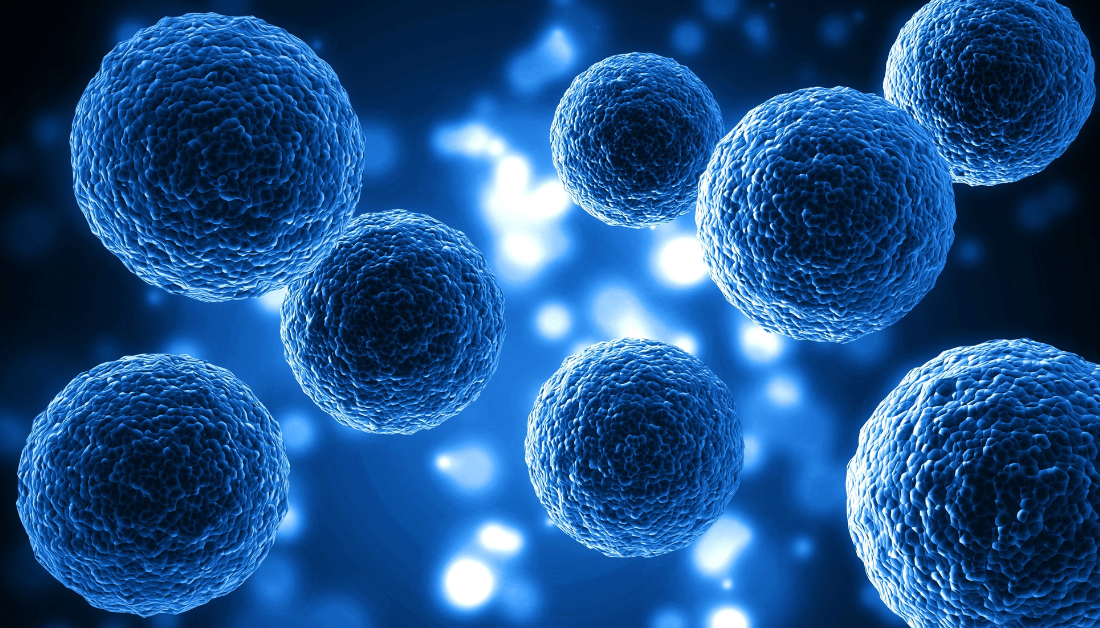

Although cell and organ transplants can save lives, patients frequently face long waiting lists due to a scarcity of appropriate donors. According to donatelife.net, 6,000 people will die in the United States alone while waiting for a transplant in 2021. One day, stem cell transplants may reduce the ongoing organ donor shortage, making transplants available to a greater number of patients.
Immune rejection is a problem with donation, whether it’s with solid tissues or cells from deceased or living donors. The transplant will be rejected unless the donor material is carefully matched to the recipient’s immune system. However, stem cell research is attempting to find a remedy to this problem. Strategies are being developed to generate hypoimmunogenic stem cells, which are stem cells and their derived tissues that have been genetically modified so that they are no longer recognized by the immune system, allowing transplants to be generated from a universal stock of stem cells without the need for immune matching. Uncontrolled growth and tumor formation from leftover immature cells within a transplant that would go unchecked by the immune system is a potential concern connected with hypoimmunogenic stem cell transplants.
To avoid both the concerns of immune rejection and tumor formation, researchers Baoyang Hu and colleagues from the Chinese Academy of Sciences in Beijing genetically altered stem cells such that liver cells derived from them are immunologically invisible. At the same time, the immune system would continue to assault and remove immature, potentially tumorigenic stem cells. To do this, the cells produced two immunosuppressive proteins after maturing into mature liver cells, whereas immature stem cells did not produce these proteins.
As a result, when immature stem cells were transplanted into mice with a human immune system, tumor formation was suppressed, but stem cell-derived liver cells were protected from an immunological attack and could stay in the mice despite a lack of immune matching. Similar techniques could be utilized to preserve other stem cell-derived tissues from immune rejection, such as heart cells or pancreatic cells. The findings were reported today in Stem Cell Reports. The safety and efficacy of stem cell-derived transplants will need to be validated further in pre-clinical and clinical research.
For more information: Induction of Local Immunosuppression in Allogenic Cell Transplantation by Cell-type-specific Expression of PD-L1 and CTLA4Ig. Stem Cell Reports.
more recommended stories
 Acute Ischemic Stroke: New Evidence for Neuroprotection
Acute Ischemic Stroke: New Evidence for NeuroprotectionKey Highlights A Phase III clinical.
 Statins Rarely Cause Side Effects, Large Trials Show
Statins Rarely Cause Side Effects, Large Trials ShowKey Points at a Glance Large.
 Anxiety Reduction and Emotional Support on Social Media
Anxiety Reduction and Emotional Support on Social MediaKey Summary Anxiety commonly begins in.
 Liquid Biopsy Measures Epigenetic Instability in Cancer
Liquid Biopsy Measures Epigenetic Instability in CancerKey Takeaways Johns Hopkins researchers developed.
 Human Antibody Drug Response Prediction Gets an Upgrade
Human Antibody Drug Response Prediction Gets an UpgradeKey Takeaways A new humanized antibody.
 Pancreatic Cancer Research: Triple-Drug Therapy Success
Pancreatic Cancer Research: Triple-Drug Therapy SuccessKey Summary Spanish researchers report complete.
 Immune Cell Epigenome Links Genetics and Life Experience
Immune Cell Epigenome Links Genetics and Life ExperienceKey Takeaway Summary Immune cell responses.
 Dietary Melatonin Linked to Depression Risk: New Study
Dietary Melatonin Linked to Depression Risk: New StudyKey Summary Cross-sectional analysis of 8,320.
 Chronic Pain Linked to CGIC Brain Circuit, Study Finds
Chronic Pain Linked to CGIC Brain Circuit, Study FindsKey Takeaways University of Colorado Boulder.
 New Insights Into Immune-Driven Heart Failure Progression
New Insights Into Immune-Driven Heart Failure ProgressionKey Highlights (Quick Summary) Progressive Heart.

Leave a Comment